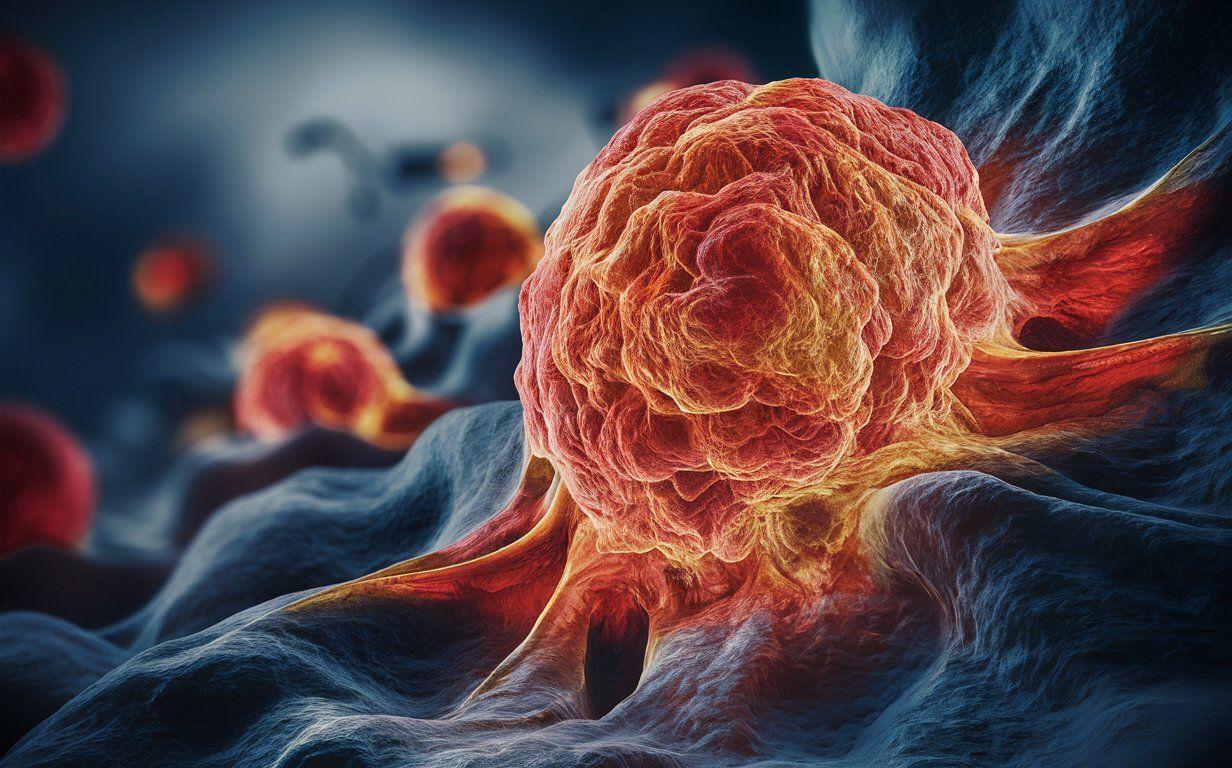Follow us on Google News (click on ☆)
In a recent study, researchers William Foulkes, Simon Gravel and their colleagues highlighted a genetic variation in the PMS2 gene, associated with Lynch syndrome - a hereditary form of cancer caused by a defect in DNA repair. This variation significantly increases the risk of colorectal cancer.

Initially discovered in 2008 in several members of the same family affected by Lynch syndrome, this variation has since been identified in many individuals from families originating from different regions of Quebec.
By combining genetic data from the CARTaGENE cohort with genealogical data from the BALSAC file, researchers were able to trace this variation back to a single ancestor who arrived in Quebec approximately 11 generations ago. To date, this is the most common genetic variation associated with hereditary cancer identified in the French-Canadian population.
"This study illustrates how clinical data can enrich our understanding of Quebec's genetic history, and how historical data can shed light on current genetic risks," explains Dr. Simon Gravel, professor at McGill University and expert in population genetics. "It is thanks to unique resources like CARTaGENE and the BALSAC project that we can trace the origin and distribution of variants responsible for rare diseases."
Dr. William Foulkes, clinician-researcher at the Research Institute of the McGill University Health Centre (RI-MUHC), adds: "The fact that a pathogenic variant - a 'mutation' - is so common in the French-Canadian population suggests that large-scale genetic screening could be performed at low cost. By combining this discovery with other founder variants identified in specific Quebec populations, it would be possible to detect high risk for approximately 50% of hereditary forms of common cancers using a simple test targeting about a dozen variants."
According to CARTaGENE data, approximately 1 in 800 people of French-Canadian origin carry this variation, with higher frequency in certain regions such as Charlevoix, Côte-de-Beaupré, Saguenay-Lac-Saint-Jean, Beauce, and Côte-du-Sud.
Early screening for colorectal cancer is essential, as it is often associated with a good prognosis when detected early. This discovery therefore paves the way for more effective and personalized prevention strategies for at-risk Quebec families.